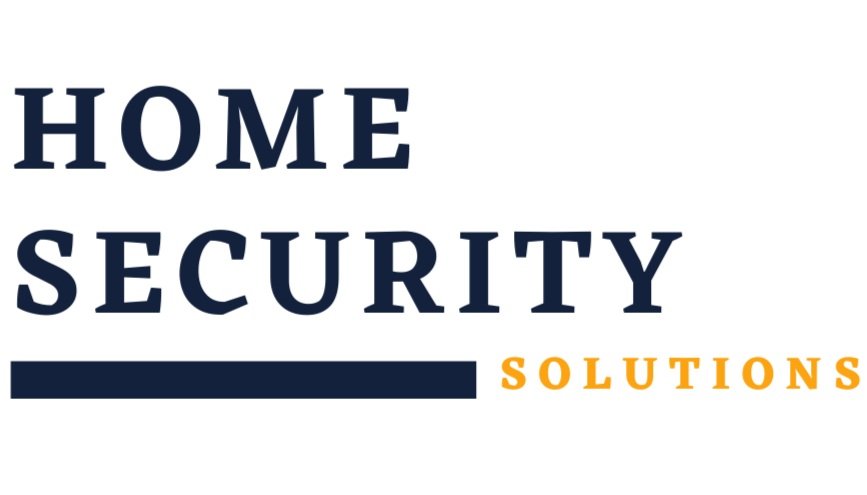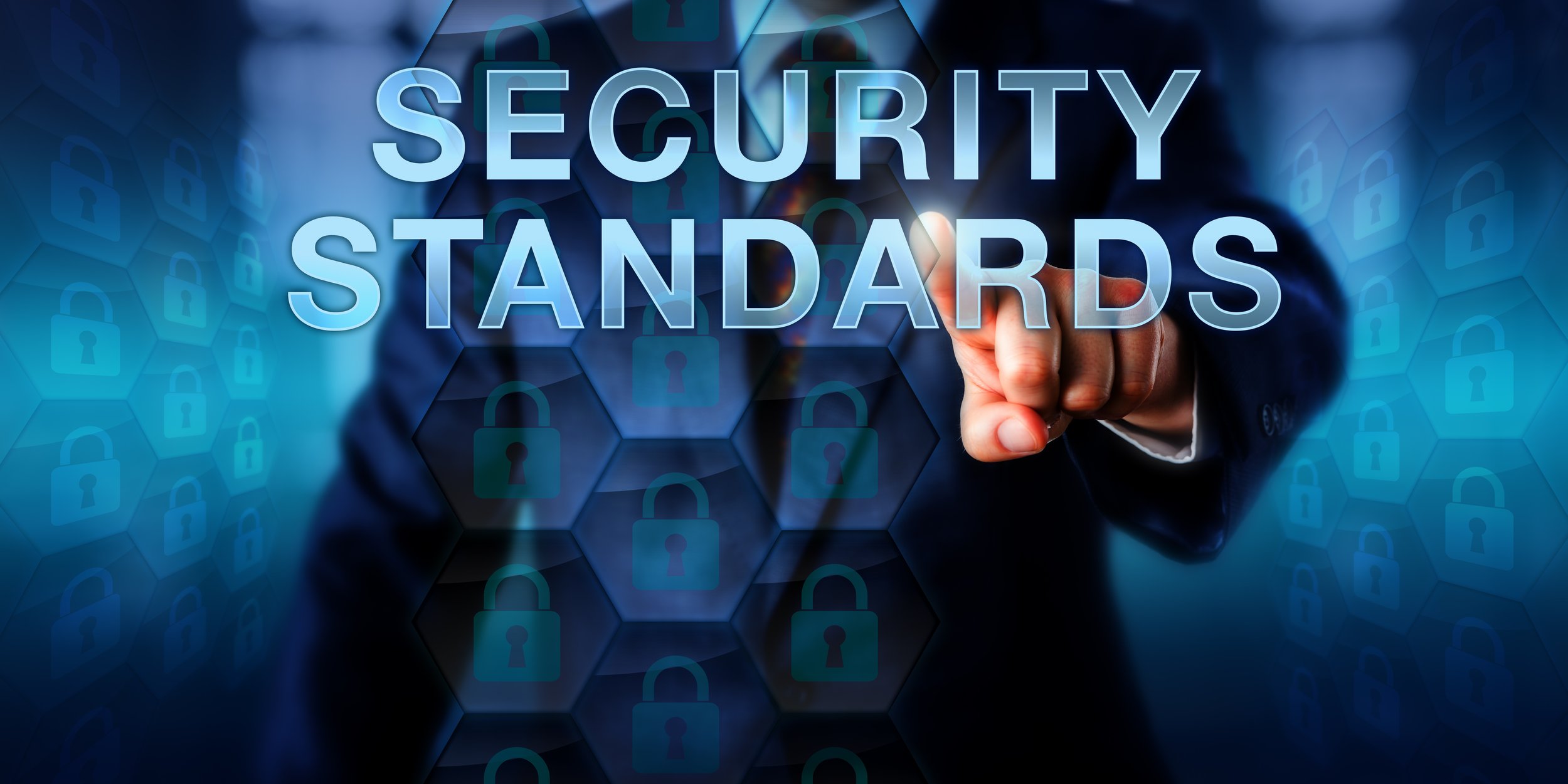Home security system: 10 important questions to ask your provider
A home security consultation isn’t just a chance for the security company to advise you on what security measures you should put in place, it is also a chance to ensure you understand more about the company and the terms of the contract you will be entering into, so be sure to ask all the questions you need to before committing.
Below is a range of questions you should ask your home security company during your consultation.
Home Security System Standards
1) Are you an accredited installation company?
Any security provider you deal with should be accredited by NSI or SSAIB, this ensures they are reputable and meet certain standards. As well as asking your provider, be sure to check with the appropriate regulator that they are accredited.
Be sure to learn about security company certifications and alarm grading before purchasing a home security system.
2) How long have they been in business?
Time = experience and understanding of a huge range of complex home security products. When you are choosing a professionally installed security system this is really important.
You need to ensure your security professional is experienced at fitting burglar alarms, and also determining the best security products and placements for your home.
Every family and property is different and therefore everyone has unique needs when it comes to what they want from their security system. The longer a security company has been in business the more experienced they will be at advising on this.
3) How often do you check your security systems?
With something as important as a security system, these should be checked by the company regularly, to ensure they are working correctly. Else what’s the point in having them right?
Ideally, a security provider would check their systems once a month.
4) Can they provide proof to your home insurance provider?
Some home insurance providers offer a discounted rate for customers who have a home insurance system installed. However, they will need proof from your provider, so ensure that you home security company can provide this.
Many home insurance companies will also require your home alarm to meet certain grading standards. Be sure you know all of the requirements before purchasing your home insurance.
5) If you move home, do you get to keep your system?
Some security companies will allow you to take your home security system with you when you move, and at no extra cost.
Others may consider this breaking the contract and charge a fee, while some don’t allow you to move it at all. If there is a chance you will move before the contract is up, ensure you sign with a provider who will allow you to move your security system to your new property.
Alternatively, if your preferred provider doesn’t offer this, discuss your concerns. People's circumstances change regularly and therefore the provider may be prepared to offer you a personalised agreement.
Alarm Monitoring Centre
6) Who will be monitoring the security system?
Not all monitored security providers will have their own monitoring centre, some will outsource their monitoring to a separate business due to the infrastructure and cost required. Ensure you know who is responsible for monitoring your home security system before committing to a contract.
Do thorough research on the monitoring centres’ response times and quality of service.
7) What type of warranties and guarantees does the system come with?
No matter how good a product is, things can break. You want to avoid paying for a new security system because of a functional problem.
Be sure to understand the full details of the warranty. Not only the length but what products are included, and what problems are covered in it.
8) What happens if the power goes out?
Home security systems can operate via a variety of methods. However, most high-end alarm systems use a cellular connection.
This means that you don’t need a phone line or a WiFi connection. However, be sure to understand this before committing to a home security provider.
9) What is the length of the contract?
Most security companies (especially professionally installed security systems), will require you to sign a minimum contract length. This is usually up to 3 years.
When signing a contract for a set time frame, ensure you read everything in the fine print. Be sure to understand how prices could change during the length of this contract, and the cancellation terms available to you. If you prefer not to commit to a contract, check out companies like Simplisafe.
If you do commit to a contract be sure to check: Does the contract automatically renew? When it does do you need to meet with the company again? If you aren’t satisfied with the service can you get out of the contract?
10) What is the company's average response times?
A security company’s response time refers to; how long it takes the monitoring centre to pass the information to the local authorities.
A good security company will respond to a security alarm in under 60 seconds


